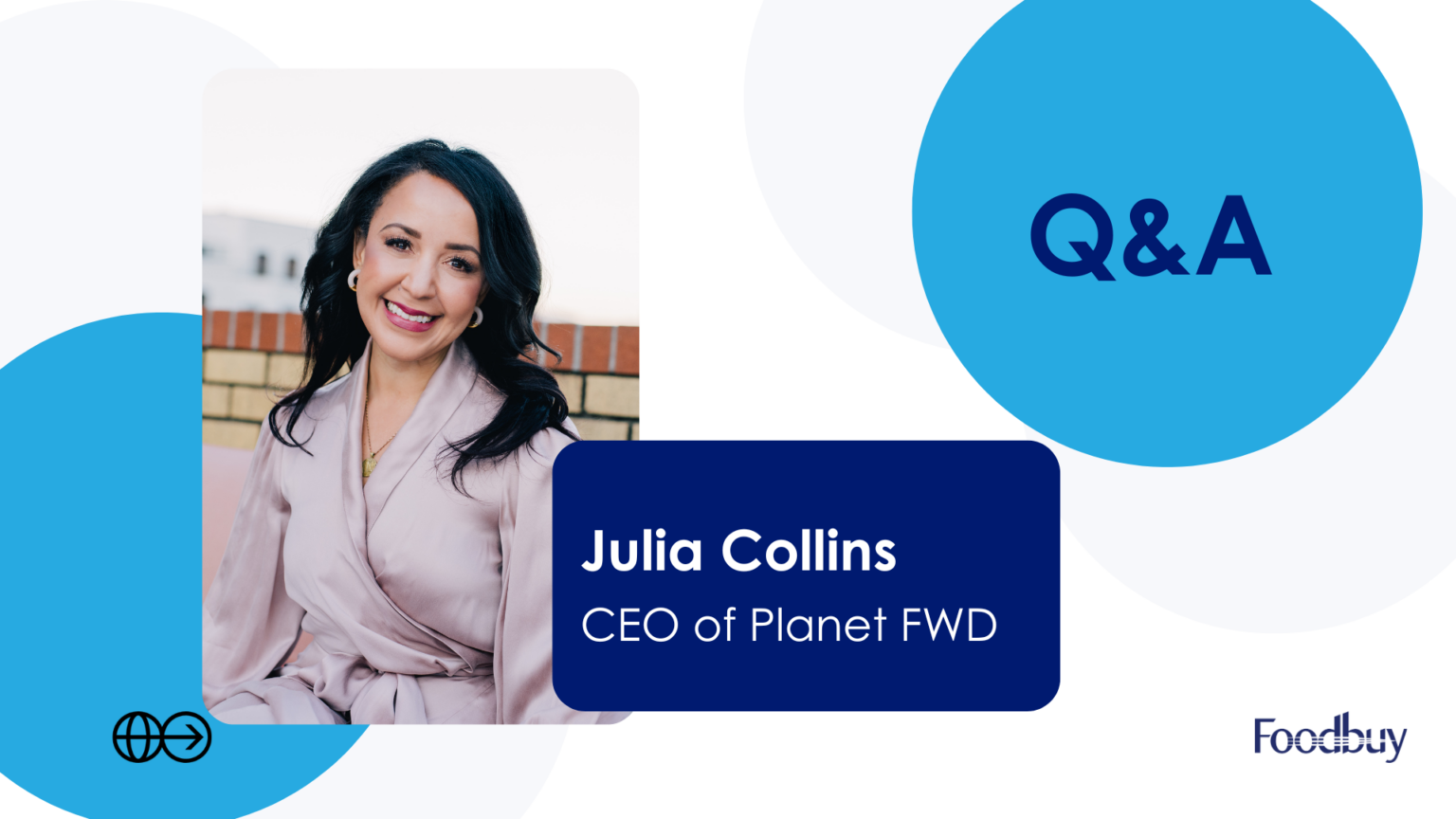
A Q&A With Julia Collins from Planet FWD
Tackling Climate Change Within the Supply Chain
 As a major player within the supply chain, Foodbuy has a responsibility to prioritize sustainability. That’s why we’re working with our suppliers, Compass Sectors, and Members to make meaningful changes to reduce greenhouse gas (GHG) emissions. That’s why we’re proud to partner with companies like Planet FWD, a leading decarbonization platform for the foodservice industry.
As a major player within the supply chain, Foodbuy has a responsibility to prioritize sustainability. That’s why we’re working with our suppliers, Compass Sectors, and Members to make meaningful changes to reduce greenhouse gas (GHG) emissions. That’s why we’re proud to partner with companies like Planet FWD, a leading decarbonization platform for the foodservice industry.
In advance of an upcoming webinar with our Foodbuy suppliers and Planet FWD, we sat down with Julia Collins, Planet FWD founder and CEO. Collins spoke to us about tracking and cutting down on carbon emissions within the hospitality and foodservice industries.
Q: Planet FWD helps businesses track Scope 1, 2, and 3 emissions. Where should hospitality and foodservice operators focus their efforts when first beginning to cut down on greenhouse gas emissions?

For food, beverage and consumer companies – 90%+ of emissions coming from Scope 3 – aka your supply chain.
Across all our food and beverage customers, we see ingredients as the number one driver of emissions. Once you measure and deeply understand the climate impacts of your ingredients, you can identify hotspots where you have opportunities to drive big impact – such as switching to more plant-based proteins on your menus or introducing more sustainable alternative ingredients, like upcycled products or those grown regeneratively.
After ingredients, we see up to 48% of your emissions coming after materials and ingredients – including production, processing, transportation, consumer use, and waste. This average, based on cradle-to-processing gate assessments on a subset of Planet FWD’s processed ingredient database, showcases all the room for emissions reduction across the entire supply chain.
But above all, the first step should always be measurement, because you can’t manage what you don’t measure. We highly recommend life cycle assessment (LCA)-based carbon accounting for foodservice and other consumer-focused companies to get to the granularity and specifics of your supply chain impact.
Q: Tracking Scope 3 emissions, specifically, can pose a big challenge to operators. How does Planet FWD navigate this problem?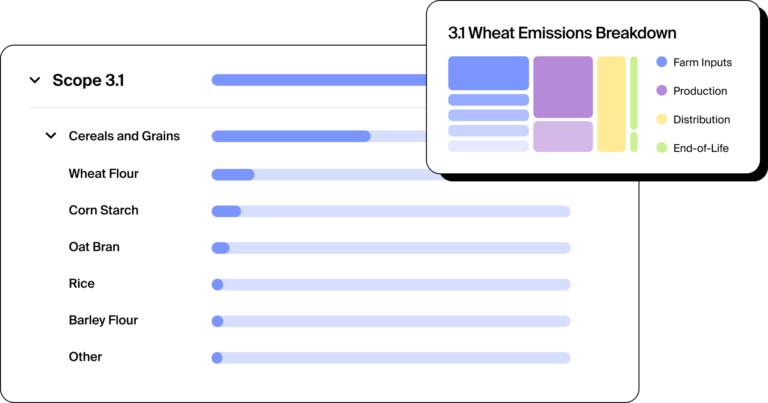
A combination of a few key factors allows Planet FWD to unlock the secrets of Scope 3.
First is our ability to create customized emissions factors based on primary data or supply chain characteristics. If you use innovative materials, bespoke formulations, ingredients or novel processing – such as regenerative or upcycled ingredients and materials – you want this to be reflected in your LCA. If you use generic emissions factors, you won’t see an impact for emissions-savings choices you’re making.
Second is our focus on LCA-based accounting. Having these insights at the product level, that go all the way down to the farm, can inform your corporate accounting and improve your accuracy and reflect changes in your products’ emissions to reach your overall decarbonization goals.
And third, is our AI-powered data mapping. For large organizations with thousands of line items of purchased goods, you need a solution that can quickly map any given ingredient, and do so at scale, so you aren’t left waiting months for results on your Product Life Cycle Assessments or Corporate Inventory.
Q: AI is being utilized more and more in places you wouldn’t expect. How does Planet FWD use AI within carbon emissions reporting?
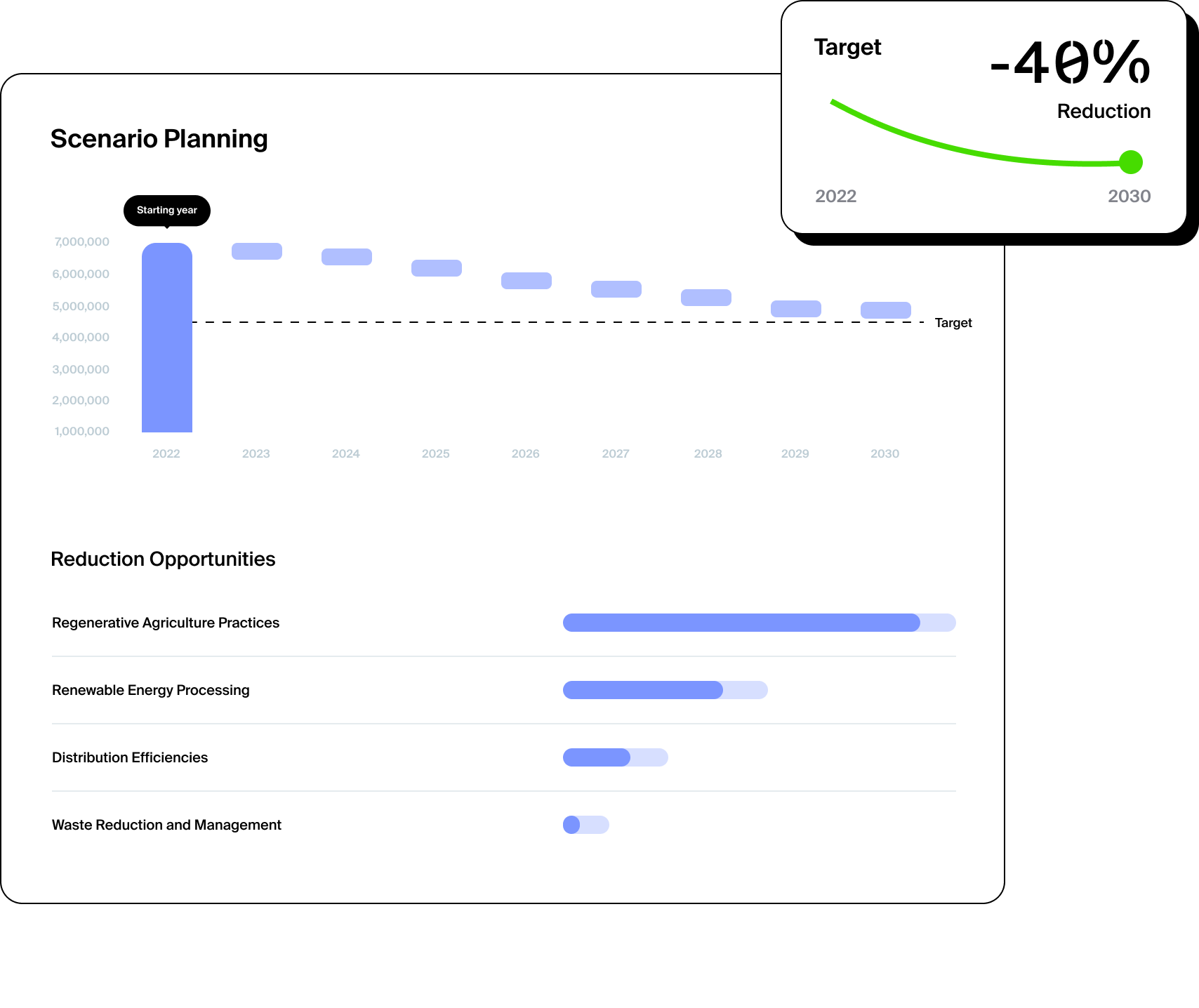 We leverage AI to deliver high-quality, standards aligned carbon accounting at a cost that makes sense to our customers, at a speed that allows them to move forward and accelerate toward their climate action goals, and in a way that is consistently and constantly improving over time.
We leverage AI to deliver high-quality, standards aligned carbon accounting at a cost that makes sense to our customers, at a speed that allows them to move forward and accelerate toward their climate action goals, and in a way that is consistently and constantly improving over time.
In practice, our tool reduces the complexity of conducting a custom LCA by using AI and machine learning to match your data inputs to our database of thousands of ingredients and materials. This can lead to getting results up to 95% faster and can cost up to 82% less compared to legacy solutions.
This enables culinary teams to understand the emissions of thousands of products or meals simultaneously. On average, Planet FWD can help brands reduce the carbon emissions per product by 35%.
Q: Food is responsible for 25% of the world’s GHG emissions. Why is that and how does Planet FWD use their expertise and tools to support foodservice entities with the goal of GHG emission reduction?
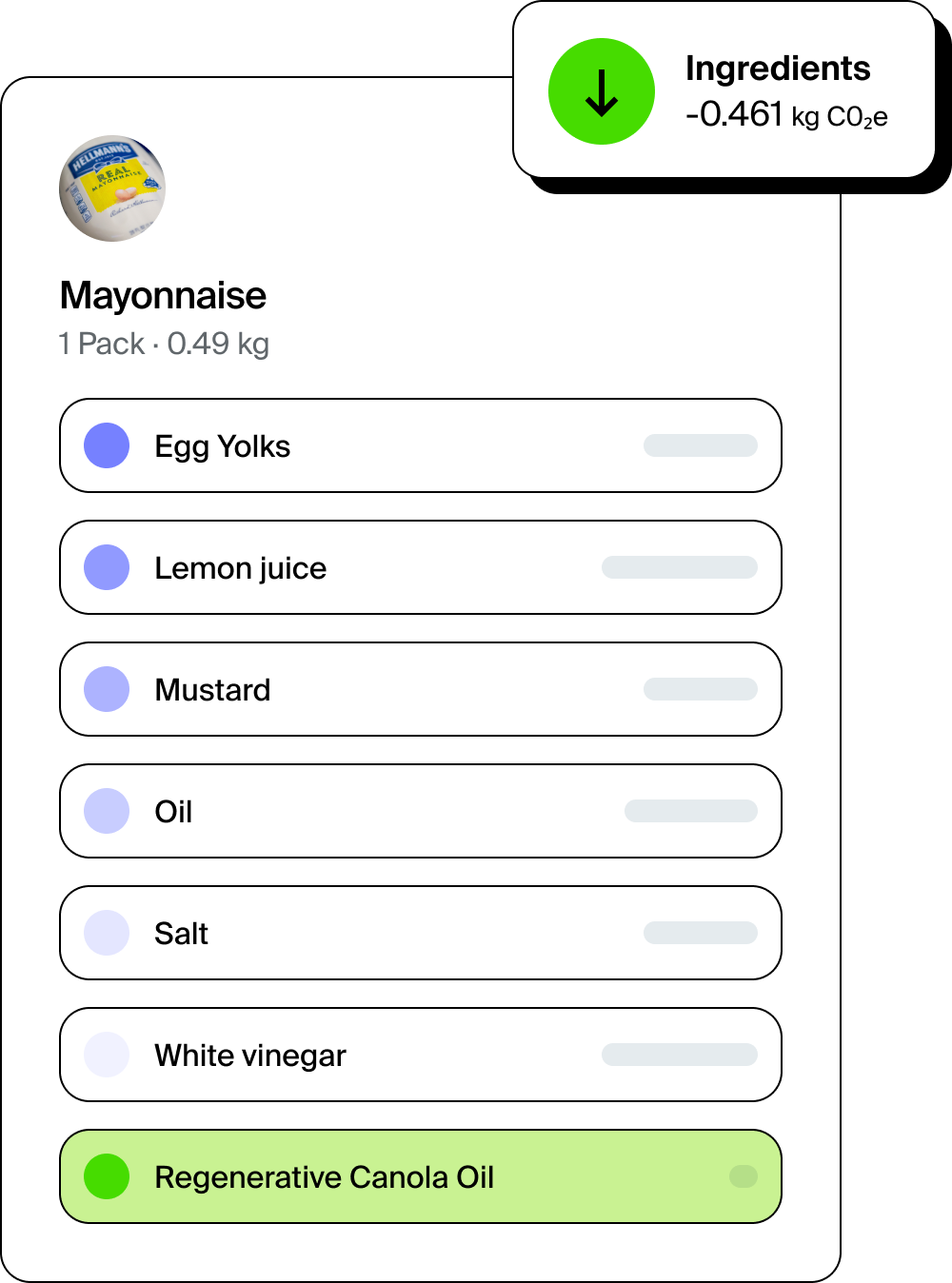
Our food system is complex, global and has been adapted to feed the planet at scale – which has had the unintended consequence of damaging our soil and increasing emissions. Not to mention that everyone eats.
The good news is that food holds immense potential to be a driver of climate action and innovative solutions are growing in size and scale every day. From the surge of upcycled food production to the growth of regenerative land management, we are collectively making a dent in lowering food’s impact.
Our role in the equation is measuring that impact at scale, and providing feasible, actionable solutions for food businesses to reduce their emissions through practical and innovative swaps.
Once you have that data, you can partner with internal and external teams to make shifts in your supply chain and purchasing behaviors, lowering emissions overtime. You can also communicate that impact with a high level of fidelity, as our calculations are backed by our team of climate experts who have spent their entire careers dedicated to this work.
Q: How is the partnership between Foodbuy and Compass Group with Planet FWD making an impact on GHG emissions within the supply chain?
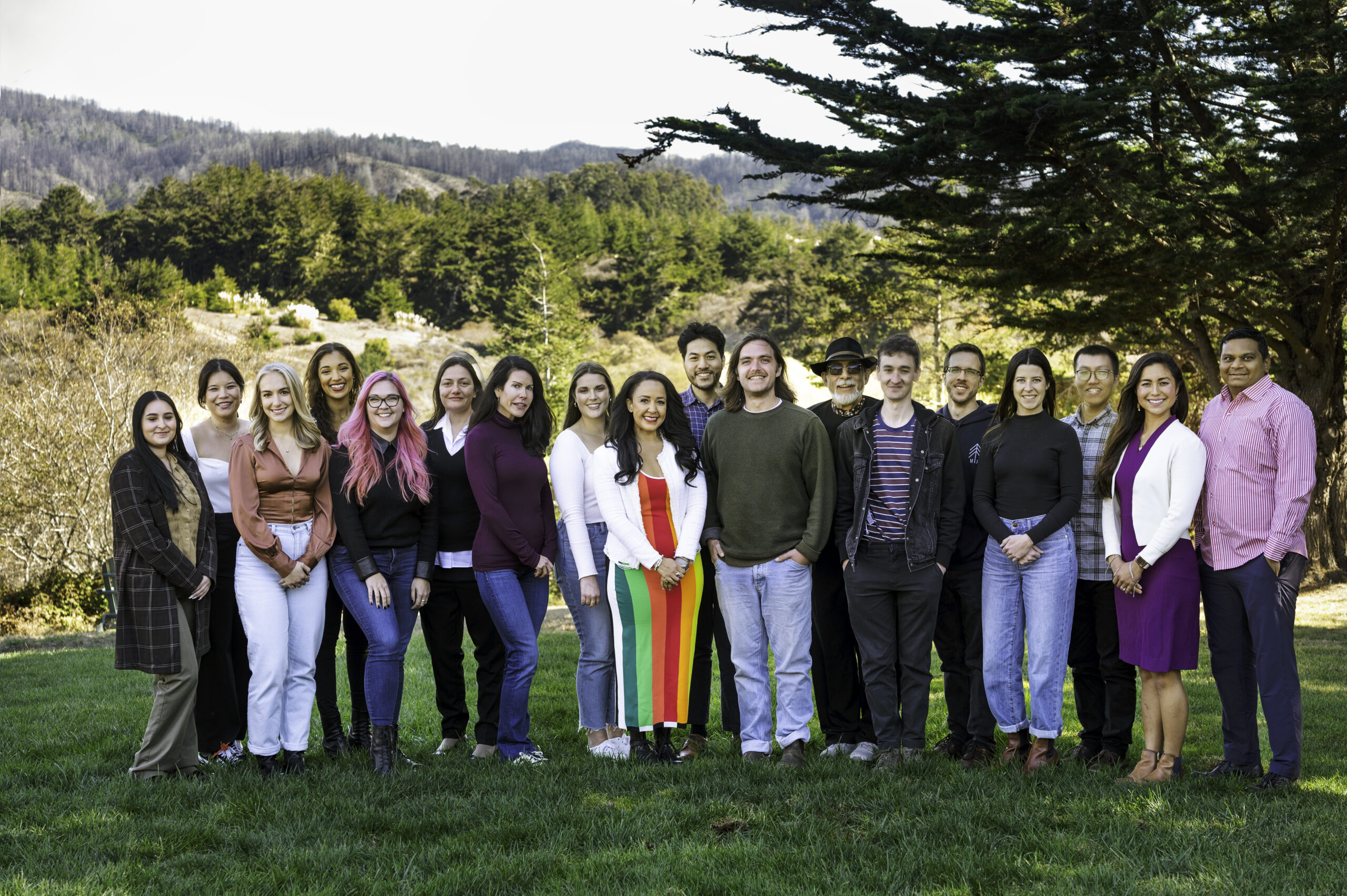
Through our partnership, we’ve been able to identify key emissions drivers throughout the businesses that have the greatest opportunity for reduction, such as animal protein, dairy, and beverage emissions.
We’ve also identified where data can be improved to deepen insights into the impact of Foodbuy and Compass Group’s choices, as better data results in better outcomes.
Planet FWD is also working directly with Foodbuy to engage and collaborate with Foodbuy’s suppliers around quantifying their existing emissions reductions and encouraging suppliers to take meaningful, measurable climate action. We are acting as the data layer between Compass, Foodbuy and existing suppliers to ensure those upstream can evaluate suppliers effectively and those downstream receive credit for the actions that they’ve taken and/or plan on taking.



